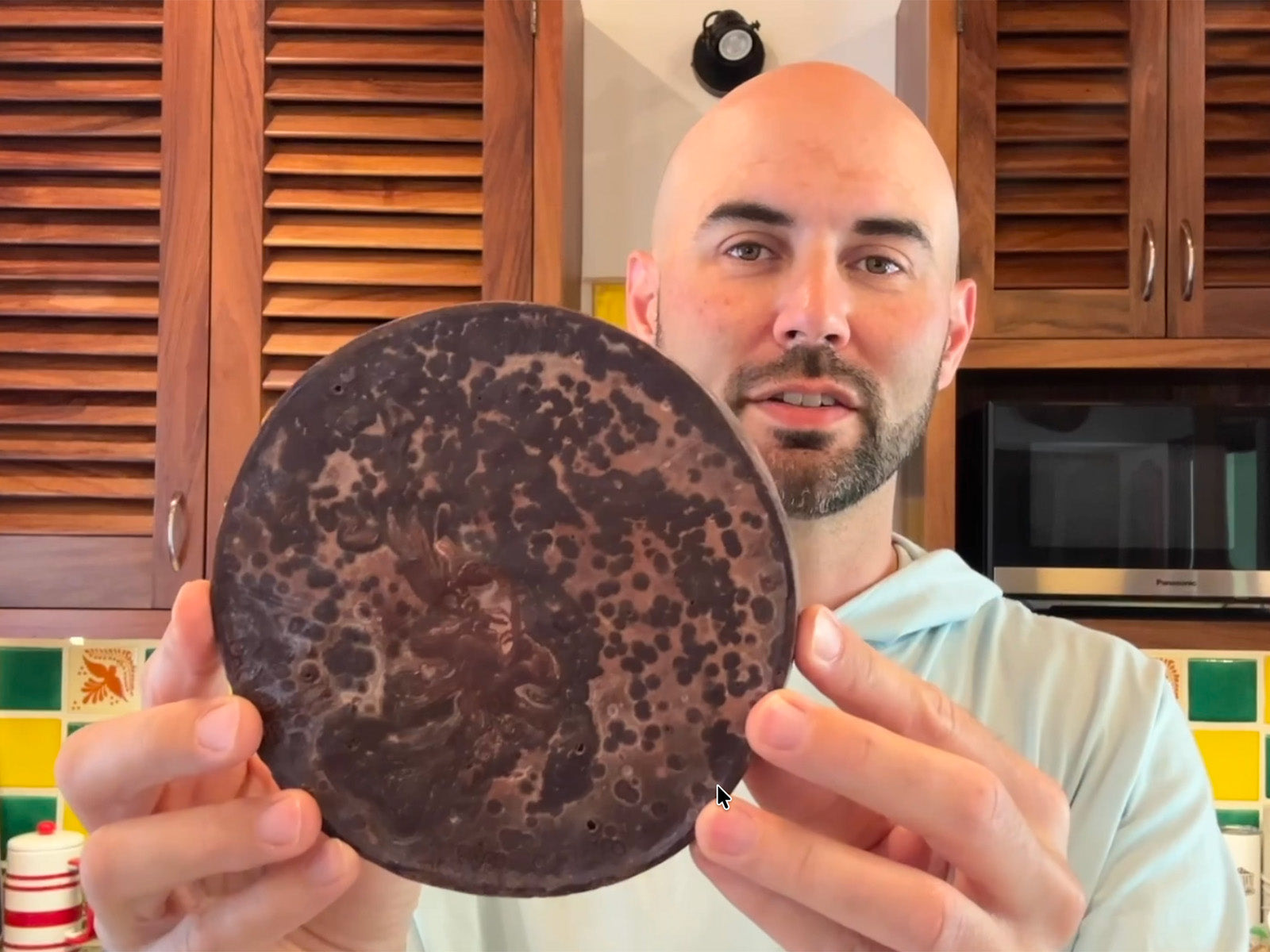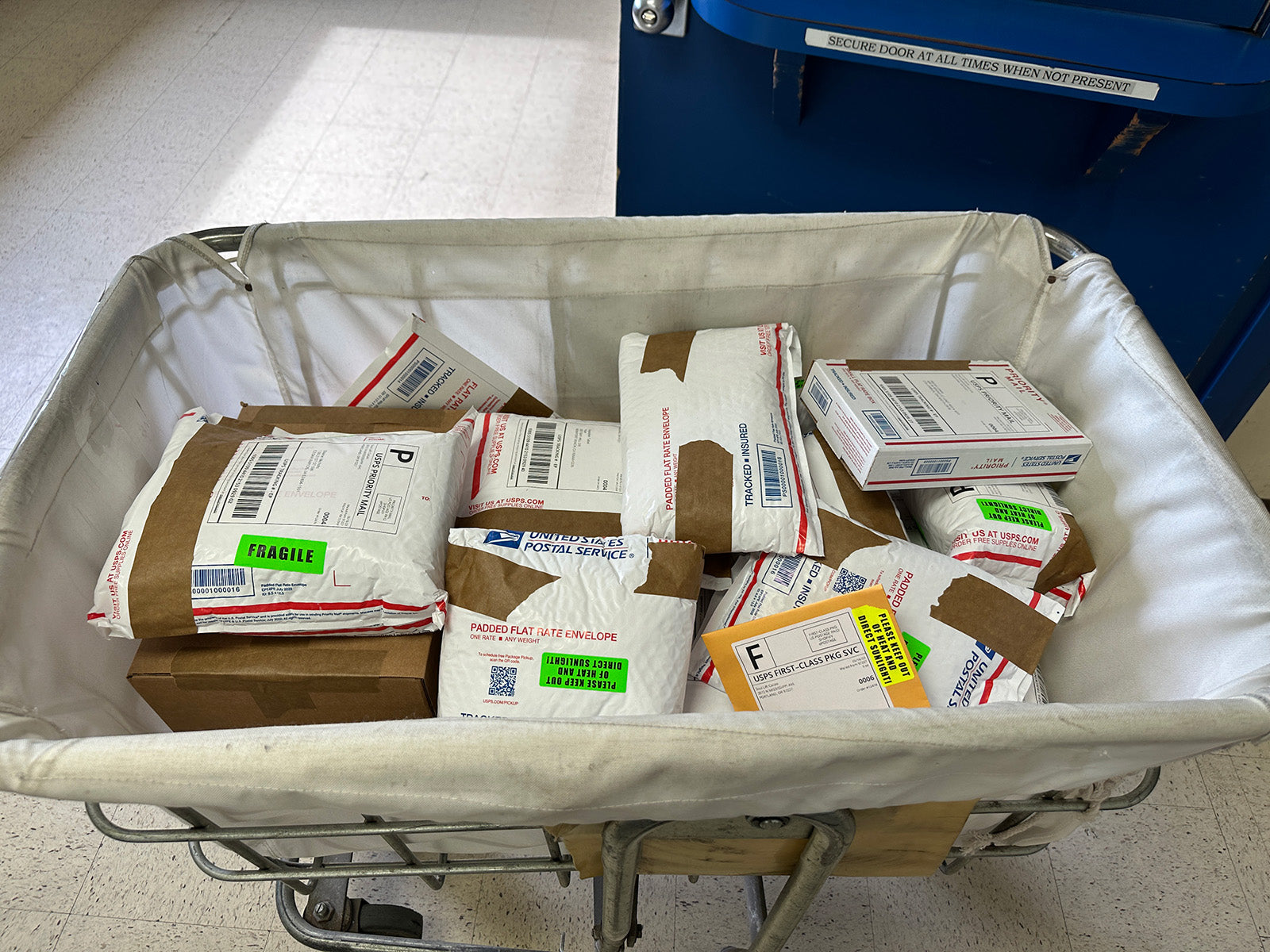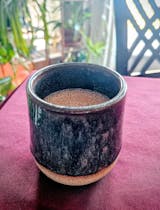by Soul Lift Cacao founder Nick Meador
(First published 11/28/2022. Last updated 7/17/2024)
Since 2017 I have been an active part of conversations about the subject of cultural appropriation in relation to cacao.
I had already been forming relationships with cacao farmers, collectives, and Mayan spiritual guides. But that year I began to ask more of what they thought about this subject.
Consistently they've told me that they want the cacao to be shared around the world, as long as people are respectful in how they do it.
The requests have included showing reverence for the cacao itself, not taking advantage of participants, and not mixing it with harmful drugs or alcohol.
Some of them have also requested that non-native people don't use the term "cacao ceremony." Even though there was never only one way of working with cacao in the past and the term cacao ceremony is apparently a modern coinage, using the term in a modern context doesn't do enough to acknowledge the harms that have been caused in the historical homeland of cacao.
Now I lead facilitator training courses that focus on how to lead safe modern workshops with cacao, and how to be able to share information about cacao with people in a way that is respectful.

- To use a title like "cacao circle" or "cacao journey"... something that conveys it's not a traditional practice.
- To verbally invoke the people who grew and prepared the cacao while serving, and also cacao stewards who have kept the traditions alive in general.
- To use photos and videos of cacao workers only with their permission.
- To acknowledge if the facilitator is not of an originary (pre-colonial) culture of cacao stewards, and if so, not to call yourself (or let others call you) by a traditional spiritual title.
- To also acknowledge the harms that have been caused... even if it was indirect, done by our country before we were born, or not done by our direct ancestors. And ideally to do this in the event description and at the event itself.
- To source cacao that is grown and prepared in an ethical and authentic way, and to be able to trace the sourcing.
- For example, my sources get a say in the language and design of the products. And because it's prepared at the source (not just importing seeds to make in a factory), it sends an average of 17x the fair trade rate back to Guatemala.
- To hold trauma-informed, consent-based, and inclusive workshops with cacao.
- To find other ways to learn from and support native cacao teachers and workers... attending their webinars, traveling to visit them if appropriate, possibly donating if they have a fundraiser, etc.
To me it boils down to acknowledgement, higher compensation, and cultural sensitivity.
Someone doesn't necessarily need to travel to Latin America in order to be an ethical facilitator, as long as they take all the measures above.
Yet I know there are many different opinions on the subject of cacao being used in new contexts and new ways. There are definitely things that bother me about how some people are sharing or teaching about cacao, and I try to work to change those trends.
In my opinion, it's a blatant ethical violation is when someone sells a product with the title "ceremonial cacao" that isn't made by an indigenous Latin American group. Another example would be if someone attempted to lead a Mayan fire ceremony if they're not Mayan.
But I also sometimes see people who are probably attempting to give acknowledgement, but just not quite getting the point across. I personally believe that they need guidance rather than punishment.
I do this work because cacao changed my life and I've seen it change a lot of other people's lives. I believe when sourced and shared ethically, it is having a positive impact at every step of the cacao lifecycle.
Yet it's an ongoing collective conversation. And I know that what I find annoying as someone who doesn't have Mayan or similar heritage, could be really painful to someone who does.
I'm committed to keep seeking ways to make sure that the movement to share authentic ceremonial cacao can bring more benefit to the planet, to the originary stewards of cacao, and to people around the world who need it so much.
Thank you for supporting the Soul Lift Cacao mission!
Cover photo: Cecilia Mendoza Chiyal [L] and Nick Meador at the Ruk'u'x Ulew women's cacao collective workshop in San Marcos la Laguna, Guatemala. Cecilia is the sole owner of the collective, which has been Soul Lift Cacao's longest-running source partner since 2018.
Photo 2: Nick Meador (L) with Izaias Mendoza, owner of Lavalove Cacao, at his shop in Guatemala
Related Posts

There are some important things to consider when naming a cacao event.
Read More
Irregular markings on a cacao block are not only common, but a sign that you're holding the real thing: authentic ceremo
Read More
In an effort to improve your experience of receiving orders, we’re making a huge change to how our products are shipped.
Read More






